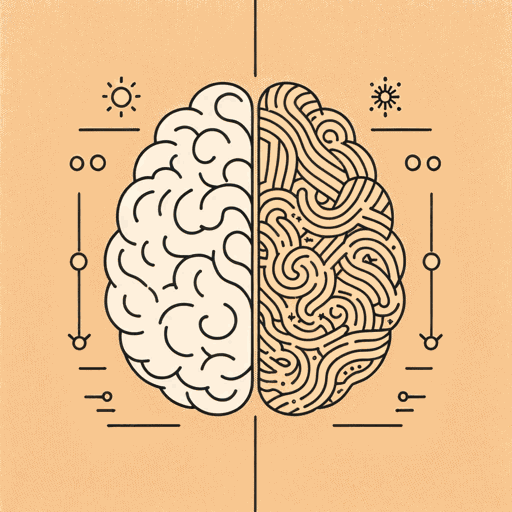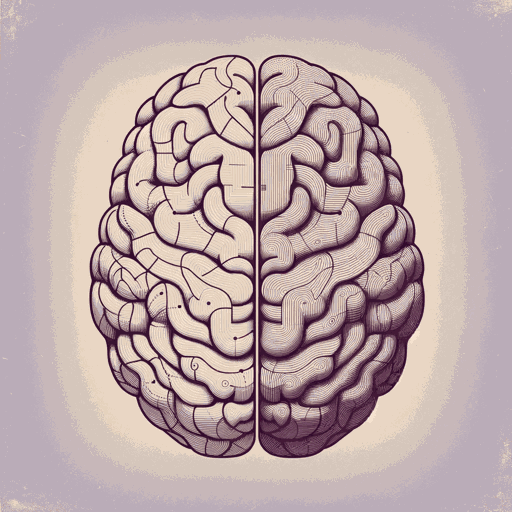58 pages • 1 hour read
Daniel H. PinkDrive: The Surprising Truth About What Motivates Us
Fiction | Book | Adult | Published in 2009A modern alternative to SparkNotes and CliffsNotes, SuperSummary offers high-quality Study Guides with detailed chapter summaries and analysis of major themes, characters, and more.
Important Quotes
“The problem is that most businesses haven’t caught up to this new understanding of what motivates us. Too many organizations—not just companies, but governments and nonprofits as well—still operate from assumptions about human potential and individual performance that are outdated, unexamined, and rooted more in folklore than in science. They continue to pursue practices such as short-term incentive plans and pay-for-performance schemes in the face of mounting evidence that such measures usually don’t work and often do harm. Worse, these practices have infiltrated our schools.”
(Part 1, Introduction, Page 9)
While scientists have long understood that people are motivated by more than just rewards and punishments—and that rewards and punishments can even be detrimental to motivation—businesses have yet to realize this and adjust their practices accordingly. Even worse, Pink says, the outdated mindset of business has infected the education system as well, creating unmotivated and disengaged students whose intrinsic interest in learning has been smothered by a system of extrinsic rewards (good grades, standardized test scores) and punishments (bad grades, discipline).
“Despite its greater sophistication and higher aspirations, Motivation 2.0 still wasn’t exactly ennobling. It suggested that, in the end, human beings aren’t much different from livestock—that the way to get us moving in the right direction is by dangling a crunchier carrot or wielding a sharper stick. But what this operating system lacked in enlightenment, it made up for in effectiveness. It worked well—extremely well. Until it didn’t.”
(Part 1, Chapter 1, Page 17)
While Pink acknowledges that Motivation 2.0, the societal operating system based on the theory that people are mainly driven by external rewards and punishments, has its uses and was even beneficial in advancing society for a time, it was always still a dehumanizing system. It assumed people function like machines or simple animals, failing to account for their innate curiosity and drive toward self-improvement. This weakness in the system is now proving to be its downfall, in Pink’s view.
“But in the first ten years of this century—a period of truly staggering underachievement in business, technology, and social progress—we’ve discovered that this sturdy, old operating system doesn’t work nearly as well. It crashes—often and unpredictably. It forces people to devise workarounds to bypass its flaws. Most of all, it is proving incompatible with many aspects of contemporary business. And if we examine those incompatibility problems closely, we’ll realize that modest updates—a patch here or there—will not solve the problem. What we need is a full-scale upgrade.”
(Part 1, Chapter 1, Page 19)
Pink expands on his metaphor comparing societal systems to computer operating systems. Trying to run a business or a school using a “Motivation 2.0” system now is like trying to run Windows 95 on a modern computer.
Related Titles
By Daniel H. Pink



